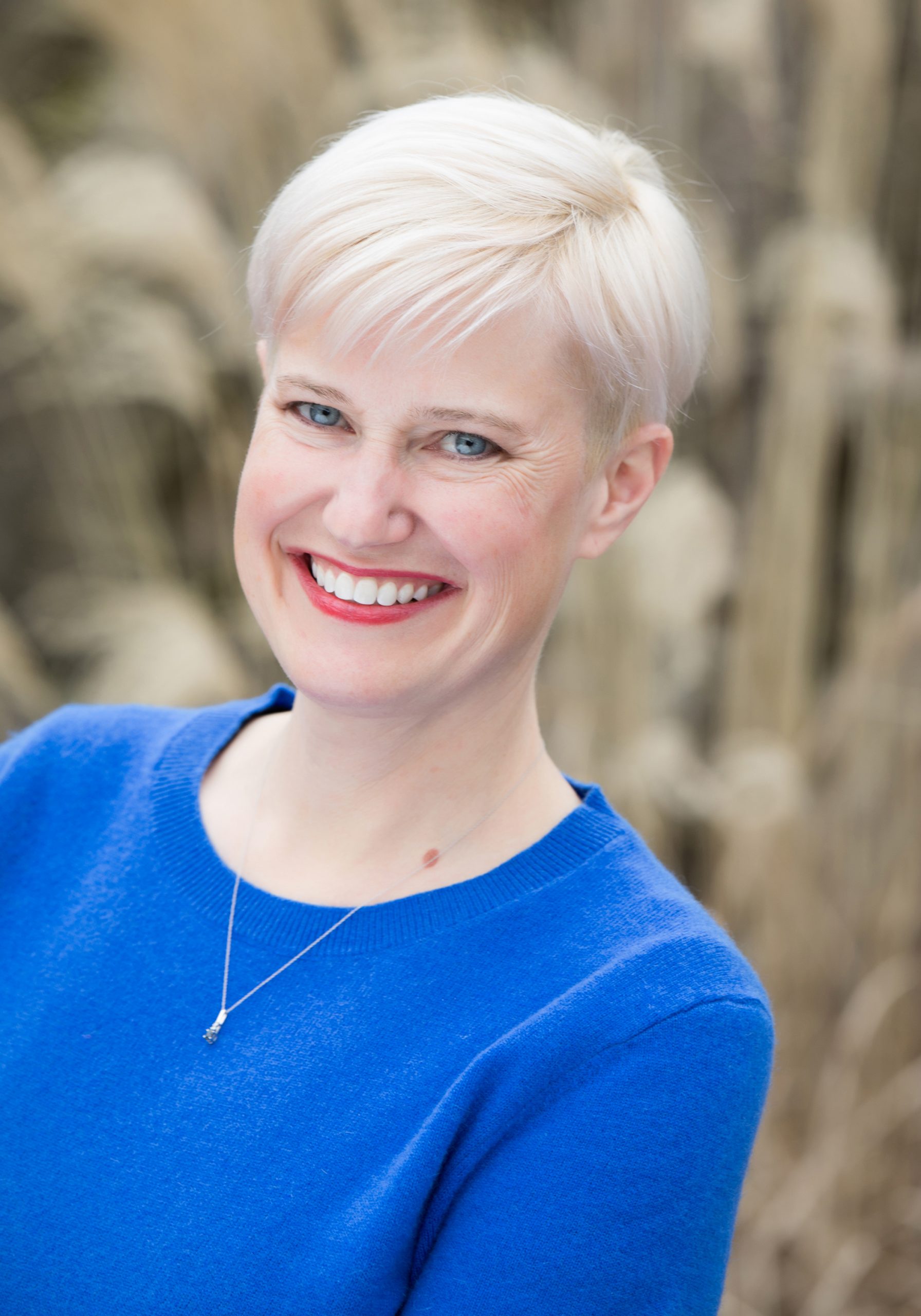The Life You Didn’t Choose: Navigating The Terrain Of A New Normal (Part II)
The Aftermath.

“The most beautiful people we have known are those who have known defeat, known suffering, known struggle, known loss, and have found their way out of the depths. These persons have an appreciation, a sensitivity, and an understanding of life that fills them with compassion, gentleness, and a deep loving concern. Beautiful people do not just happen.”
Elisabeth Kübler-Ross
In Part I, I wrote about the challenges facing special needs parents in the early days of shock and grief at diagnosis and how these painful experiences can serve as the foundation for empathy.
This week I’d like to write about what happens when the initial shock fades.
What happens in these months and years after your life has upended? As I mentioned in Part I, I write from the perspective of a special needs parent. My journey may look different from those grappling with death, or health crises or any trauma, really. But in the feeling of grief, our situations can rhyme.
So it’s been a year or two after the shock. The dust has settled, more or less.
You’ve grudgingly begun to acclimate to your new normal. Much as you want to remain in the fetal position, you have your child to care for—possibly other children too. The numbness wears off and your life crawls forward– even if your child can’t.
After a while, friends and family suggest you try support groups to develop friendships with people in your boat. Makes perfect sense. You would have offered the same tip, had the situation been reversed.
(Though part of you worries that they suggest this because you’re oversharing your pain. You don’t want to be a burden!)
But the thought of unloading your feelings in a roomful of strangers (also in pain) doesn’t seem inviting, so you keep your head down. You keep moving.
One step forward, three steps back during the rough spells. Vacillation between optimism and despair—often in the same hour. This universal sorrow feels shameful and traitorous to our children with disabilities. And you worry about the future—what will happen when you’re gone?
We love our children fiercely, yet grieve when they suffer in a world not easily accommodating to their needs. This feeling of love laced through with pain is complicated and hard to admit, even to ourselves.
Because we’re so afraid others won’t understand—and that they might even judge us more harshly than we judge ourselves. But shame won’t help us. And it won’t help our children. It helps to remember that we are imperfect parents in a messed up world just doing the best we can.
After a while, you get sick of the self-defeating thoughts whirling about your head. You want more out of life for yourself and your family.
The harsh reality is this: people can feel sorry for you, you can feel sorry for you, heck, even your therapist can join in– but it won’t change a thing.
These are the cards you are dealt. You must play them the best way that you can.
Gradually your perspective will evolve too. It won’t always feel like the way it does in the early years. You will make a wobbly peace with your sadness and will feel joy and happiness and pain and sorrow in ways that have nothing and everything to do with your child. And most of all, you’ll find acceptance.
And you will marvel about that.
But there will always be a part of you still in shock that your child has a disability. And grief may appear out of nowhere, but in my experience, it will last for a briefer time than in the early days.
You’ll discover a resiliency within yourself you hadn’t had before. But this resiliency comes at a price. It is the direct result of spiritual growing pains you feel during those difficult times, the hours and days you don’t think you can bear.
In my case, Jack will always have high needs. But I only get one life. Do I want to spend it angry, bitter and limited in my capacity to appreciate the world around me? Or do I want to move forward. It took me a while to get to that place of peace, but I got there.
It sure wasn’t on my timeline, though.
How did it happen? It appeared when I wasn’t looking. I simply trudged forward and did the stuff our family needed to have done. I took Jack to appointments and took care of his sibling. I worked part time. Sought out therapy and support of my friends and family and finally, I simply endured.
But I can’t rest now. I must keep moving forward. Our situation demands it.
“Nothing in the world is worth having or worth doing unless it means effort, pain, difficulty… I have never in my life envied a human being who led an easy life. I have envied a great many people who led difficult lives and led them well.”
Theodore Roosevelt
I sometimes miss the former version of me, the person who lived in a world where things made sense and setbacks were temporary. Yet my experiences have shown me despite the pain, I have also experienced the beautiful, unknowable mysteries of the world that were not readily apparent to my former self.
If I could have traded my hard-won insight for Jack developing typically, I’d do it in a heartbeat. But life doesn’t work like that. So I hike onward, using my challenging experiences to forge a new path and purpose. And I have a compass handy to navigate me through this sometimes difficult terrain.
“And once the storm is over, you won’t remember how you made it through, how you managed to survive. You won’t even be sure, whether the storm is really over. But one thing is certain. When you come out of the storm, you won’t be the same person who walked in. That’s what this storm’s all about.”
haruki murakami

I’m the mom of 2 great young adults, as well as of a very spoiled plott hound named Bubba Sue. I grew up in New Jersey, but have lived in the Cincinnati, OH area for the past 18 years. My husband Mike and I have been married for long enough not to look like our wedding pictures, but even after all these years, he still makes me laugh. After 15 years of questions and no answers, Jack got a diagnosis of Smith-Kingsmore Syndrome. I wanted to write this blog to help special needs families know they are not alone.
